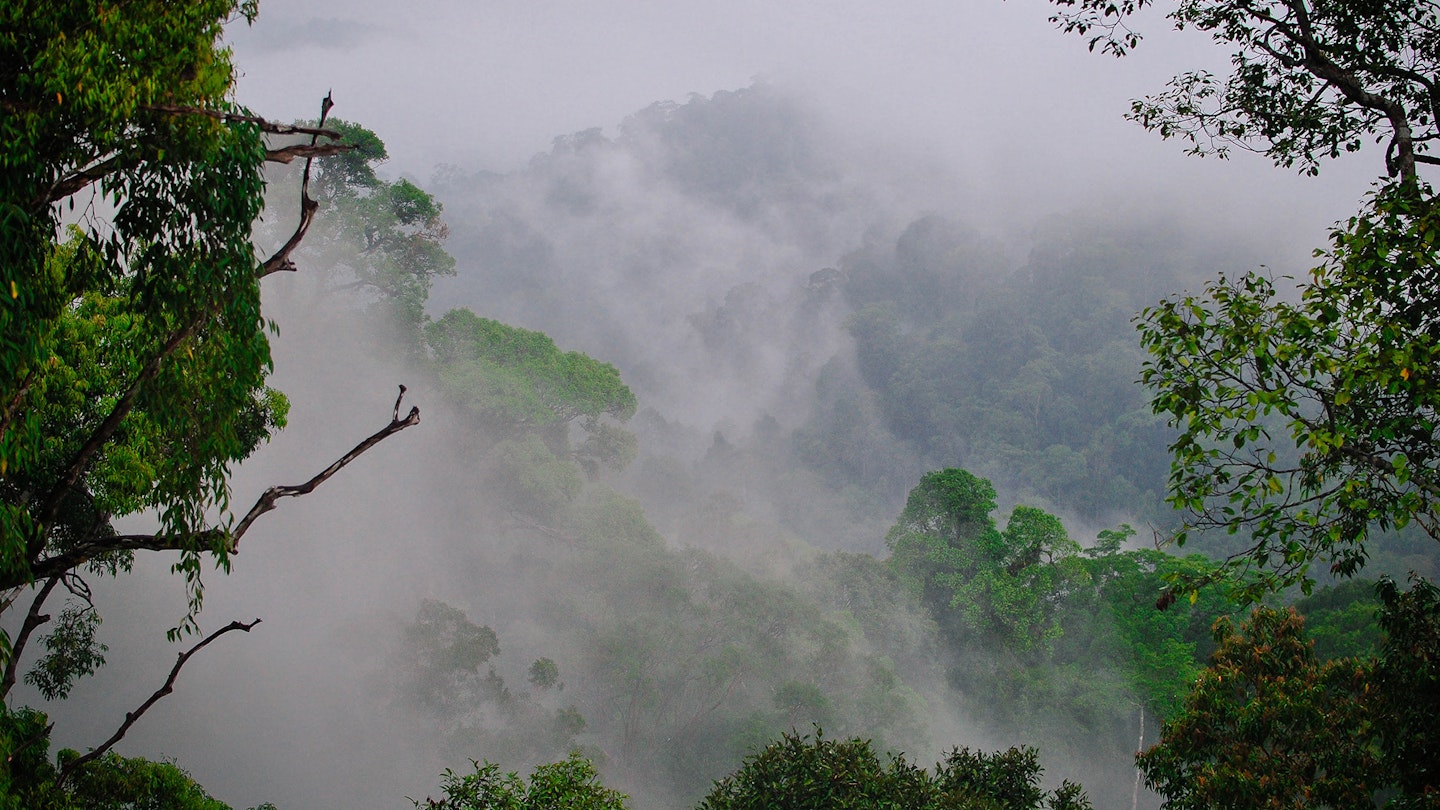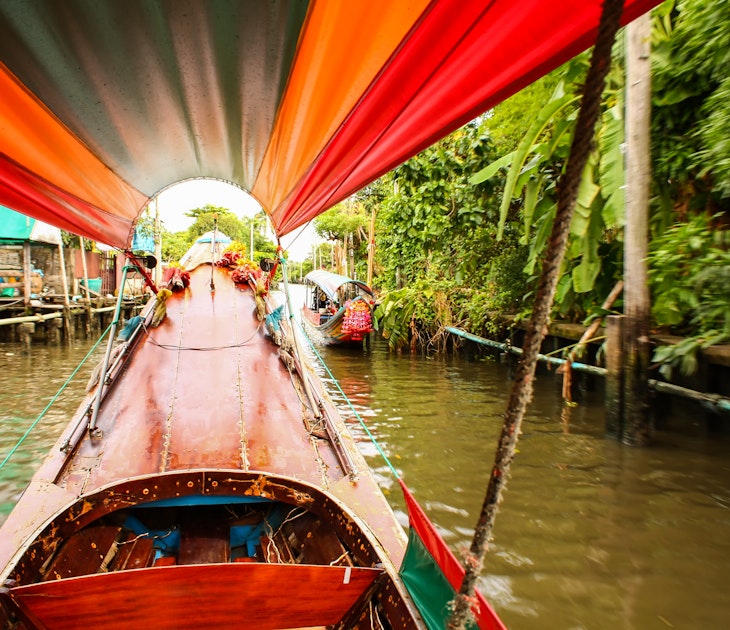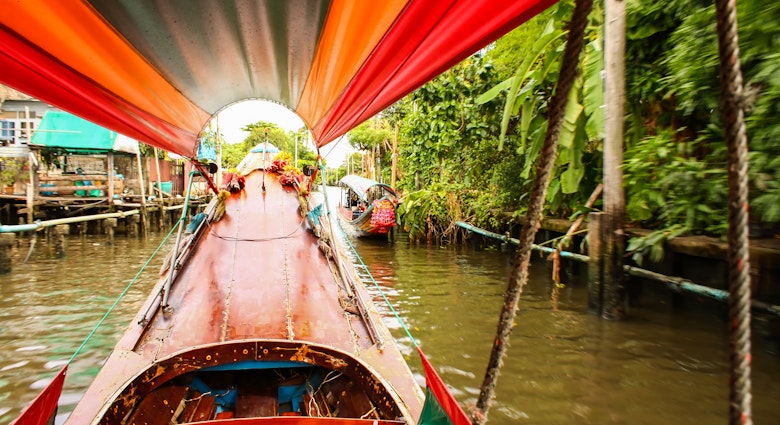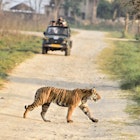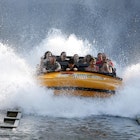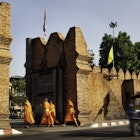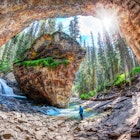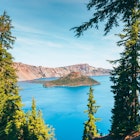It may be best known around the world for the fabulous wealth of its head of state, the Sultan of Brunei. But the tiny country of Brunei Darussalam, which occupies a small portion of the island of Borneo, is quickly developing a reputation as a centre of ecotourism.

It has traditionally had a low number of international visitors but saw a nearly 20% increase in visitor numbers in 2017 – many of them attracted by its famously pristine rainforests.
In Ulu Temburong National Park, Leslie Chang runs the Sumbiling Eco Village where visitors can find themselves deep in the wild just a relatively short drive from the bustling capital city of Bandar Seri Begawan. “In Brunei, we are very lucky,” said Leslie. “Seventy per cent of the land is pristine rainforest and we have very friendly people and a very safe and peaceful place to visit. The government and the Sultan are very interested in eco-tourism, and not mass beach party type tourism. From the capital, you are in the rainforest within two hours. You can easily go for a day trip although we encourage people to stay on a few nights.”
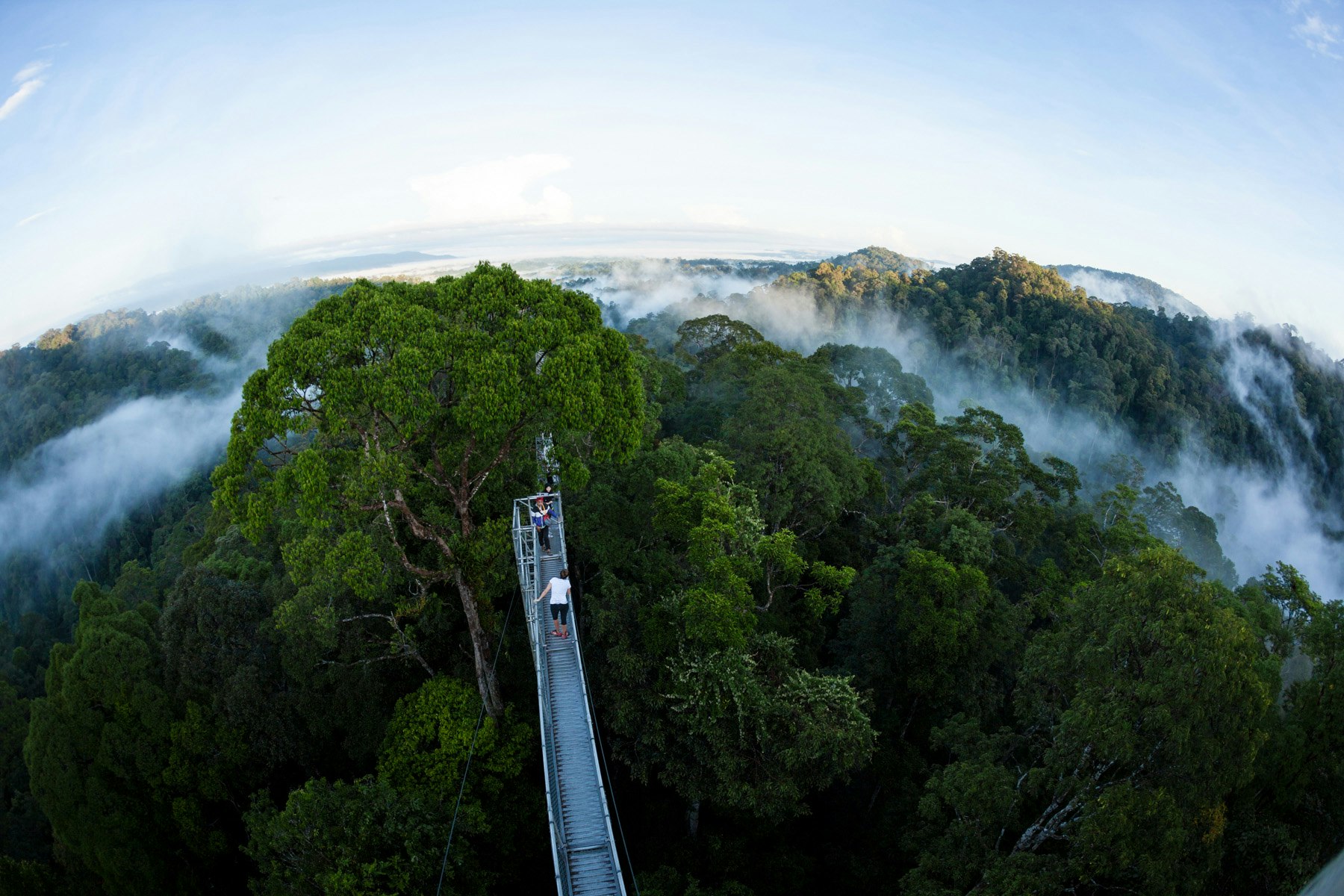
The forest teems with wildlife, especially butterflies and of course the island’s most famous species … the proboscis monkey. Leslie Chiang set up his business ten years ago and has watched as Brunei and the local Iban people have embraced eco-tourism. “The objective was to provide jobs for them because they live quite remote from the city,” he said. “They are cut off somewhat even though Brunei is quite small. There were not that many jobs for them to do. They love to talk and share with visitors and it has become a very fruitful project of community-based tourism. They are very good with the rainforest, they use it in a very sustainable way.”
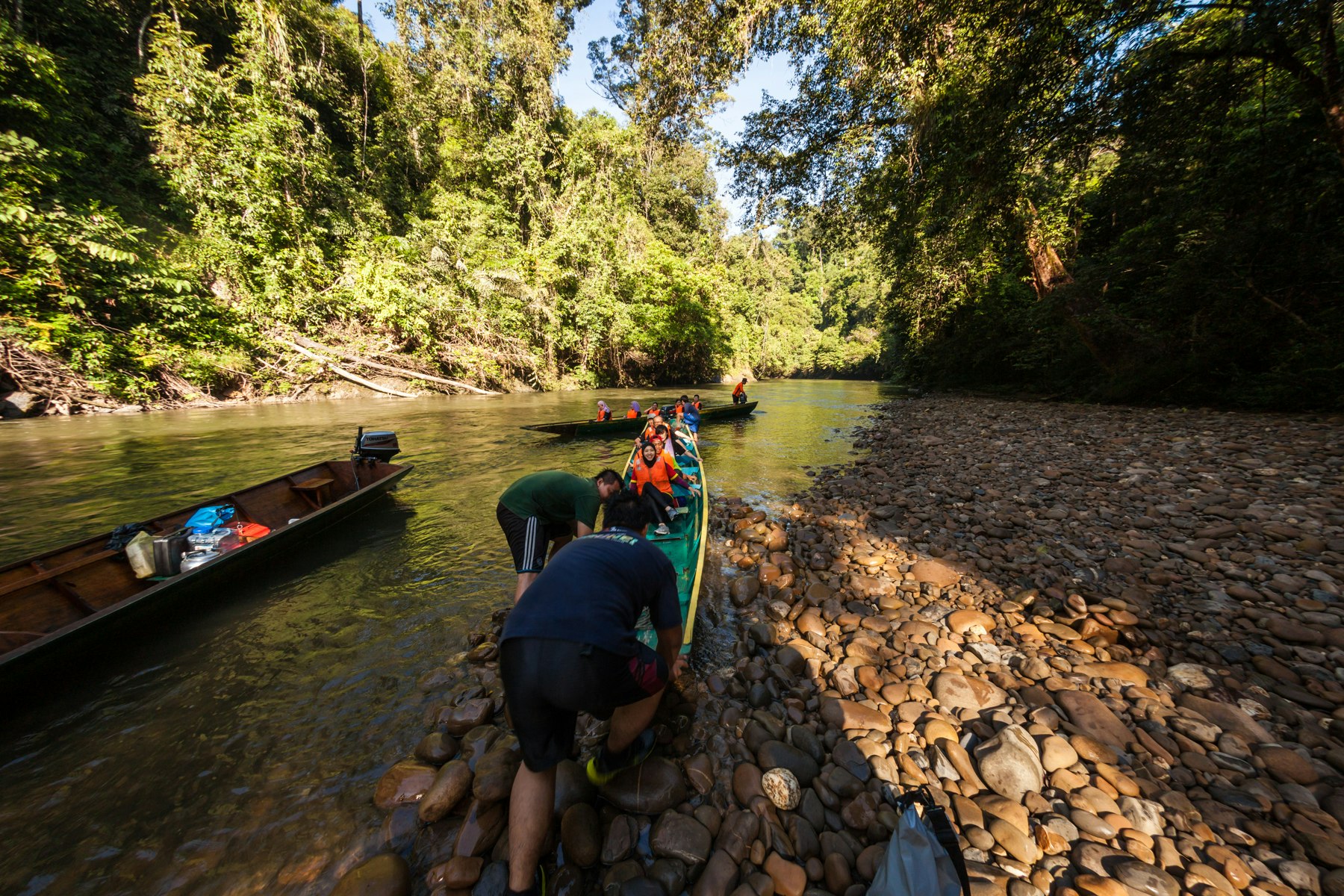
The local people only ever hunted for food, never for sport, but in recent years even that hunting has been curtailed as they’ve increasingly recognised the value of conserving nature.
“The young people grow up and become guides,” said Leslie. “They know the place very well and our guests have good interaction with them. We employ 100% locally.”
